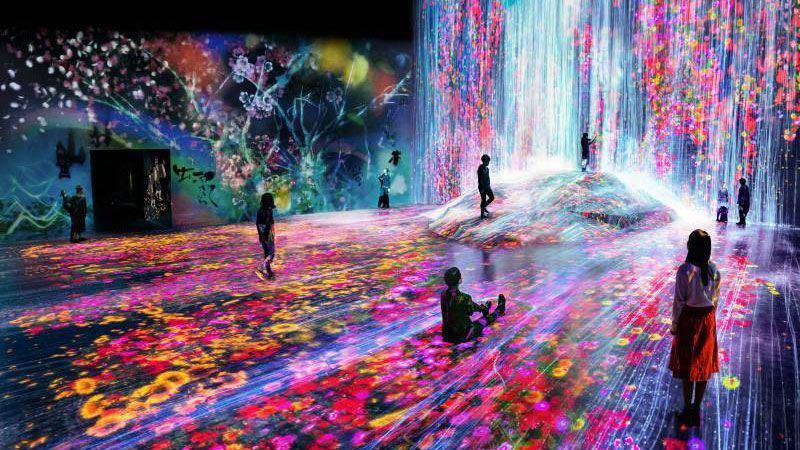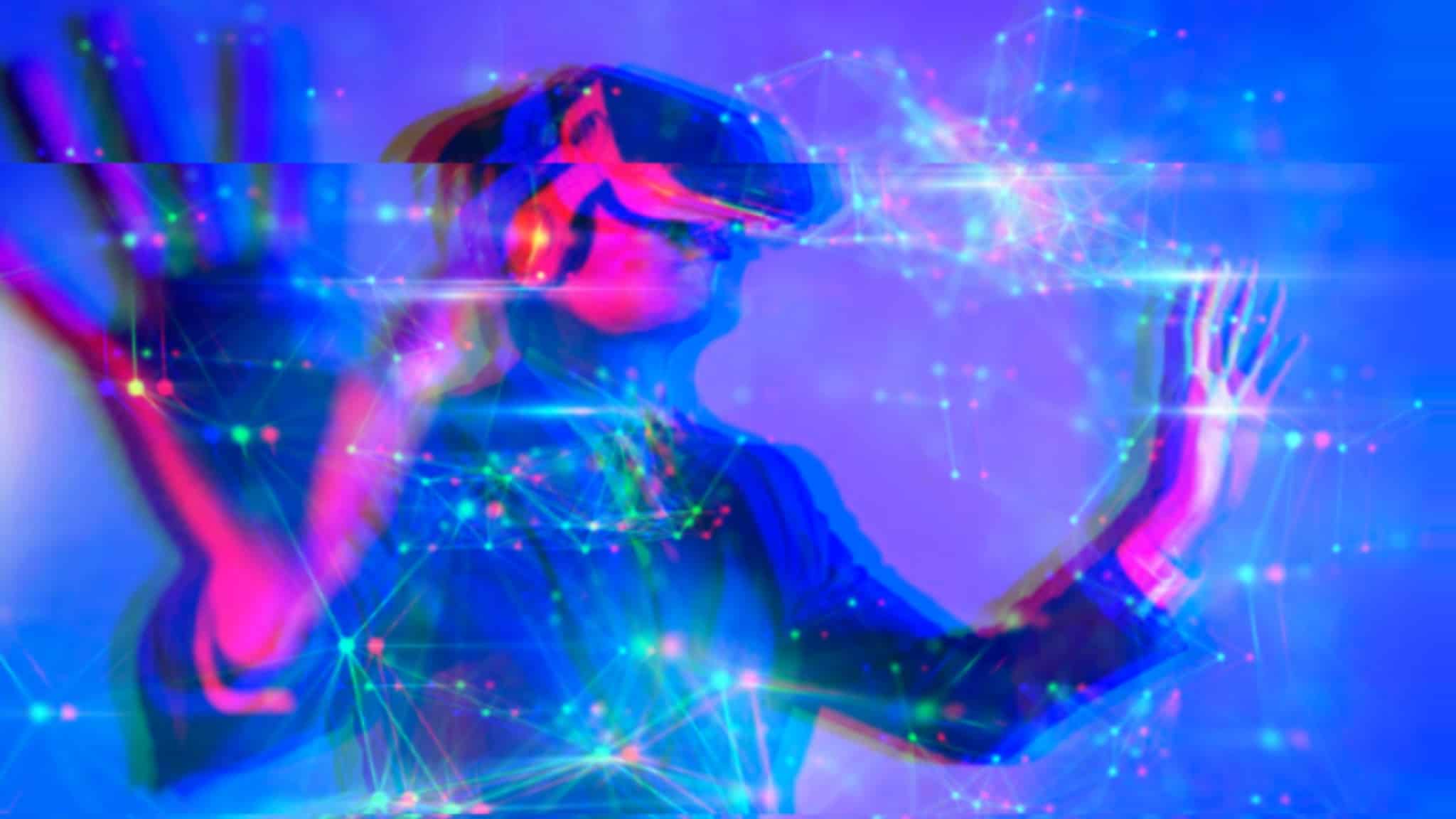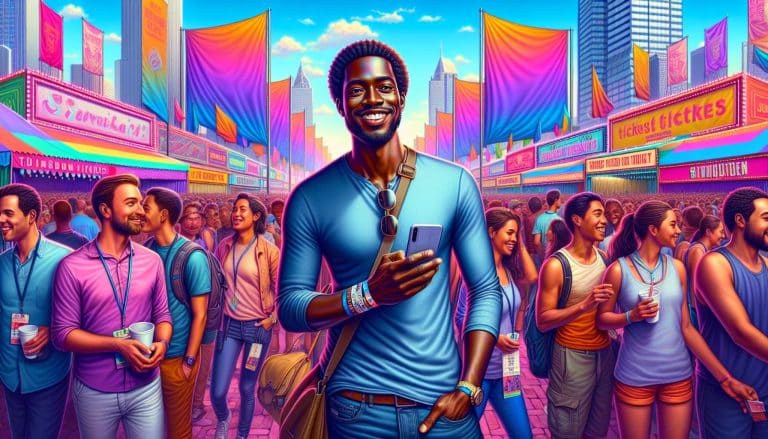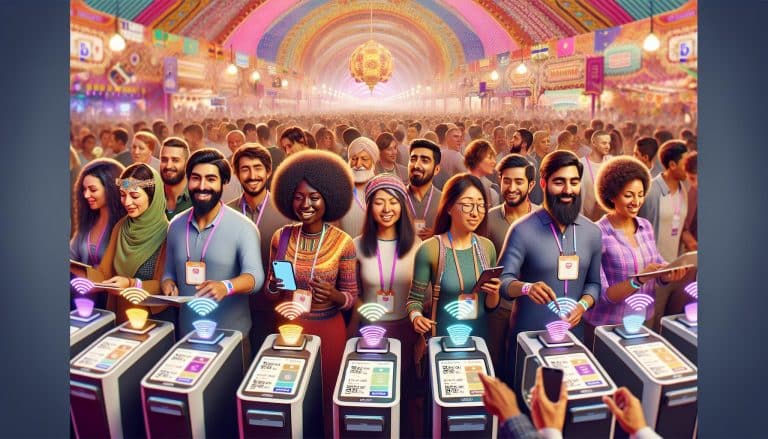Event technology is revolutionizing the attendee experience, and it’s becoming more apparent every day that it’s the way of the future. IDTechEx projects that the Virtual Reality (VR), Augmented Reality (AR), and Mixed Reality (MR) markets are steadily growing with an expected combined market of over $30 billion by 2030. The tech industry is expanding, bringing innovative technology that will impact, diversify, and transform the event industry. The stakes are higher than ever with event attendees expecting immersive experiences that will inspire and deliver an unforgettable adventure. Event attendees want and expect the latest, the brightest, and the most impressive experiences that they can share with their friends, and event organizers are feeling that pressure to deliver.
As event organizers, you know that to keep your audiences interested, you have to follow the trends. In as early as 2018, 87% of event organizers planned to use AR technology, and 88% planned to use VR technology. This is because technology enables a highly immersive experience that engages and enlightens attendees in ways that other events can’t. Attendees are looking for events that incite excitement and satisfy their desire for more personalized experiences. Event technology produces that response and by implementing them, you ensure that your events and your brand not only stay current but also become more personable. This will gain your brand and future events repeat customers with a sense of brand loyalty.
The basics of event technology that you need to know
You want to use it, but first, you need to know and understand your options. There are so many different immersive technologies that are all unique and will pique your audience’s interest. Here are three that are popular amongst other event organizers:
Augmented Reality (AR)
Augmented reality is the use of technology to overlay visual, auditory, or other sensory information over our physical reality and world. It allows us to interact with our reality in a way that is enhanced by virtual elements. What is important to realize here is that AR technology simply adds to our physical world instead of stimulating a completely new one. AR is a favorite amongst mobile gamers (think the infamous year of Pókemon GO) and event organizers have begun implementing AR technology throughout the many stages of event planning.
AR is used by event organizers for interactive marketing strategies during campaigns to develop a personalized experience for prospective attendees. More often, AR is used to scan QR codes and insert virtual elements into event spaces and venues. In what is considered mixed reality (MR), which blends the physical and virtual together, attendees could also use their smartphones to access unique spaces at the venue created specifically for the event. These could be things such as virtual portals to interactively follow a story in live time, accessing augmented games, and interacting with virtual photo booths.
Virtual Reality (VR)
Virtual reality is an explosive way to completely immerse your attendees into an entirely new world. VR uses advanced technology to stimulate an entirely different and unique reality. For events, VR is used to immerse every aspect of your attendees’ senses into the world that the event has promised them. It takes them on an unforgettable adventure by enveloping them in an entirely virtual environment. Through the use of headsets, VR will deliver an enlightening experience.
VR technology is utilized by event organizers to engage their audiences in a special and intimate way by delivering them a live experience wherever they may be. Attendees are able to communicate and interact with the venue in real-time even within a remote capacity. VR can be used to bring live events to the attendees whether they choose to stay home or can’t travel to the events due to personal situations. With just a VR headset, attendees are able to “sit” in a venue space with others and enjoy the experience of a simulated live event.

3D Projection Mapping
3D projection mapping is a magical experience to bring to your attendees. Through the use of digital lasers, this immersive tool is specifically used for art installations to project images on screens or flat surfaces such as the ceilings, walls, and floors of the event space. 3D projection mapping interacts with the physical event space to bring sound, color, movement, and even the illusion of texture to your event. Your attendees will experience beauty and refinement with 3D projection mapping and an event like no other.
Even though 3D projection mapping is commonly used for art installations, you can get creative with it by implementing it as a WOW factor for your events. Use 3D projection mapping to tell a visual story as your attendees walk through your venue. Transform your event by visually enwrapping the event space with relevant images. Get creative with 3D projection mapping and allow it to elevate the attendee’s event experience.
The small things: allow event technology to support your event
Event technology is not only immersive but it is also used to technologically support your event. For instance, QR codes and facial recognition adds additional accessibility and security to your event. Facial recognition utilizes advanced biometric software to scan a person’s facial features and match them to a photo. It is an efficient way to ensure that only verified attendees enter the venue without the hassle of a physical identification process. Attendees can enjoy the event with a secure mindset, knowing that you have taken the highest levels of precaution to ensure their safety.
Engaging your attendees through immersive experiences and what it promises you in return
Advanced event technology promises your attendees immersive experiences that are once-in-a-lifetime moments. It incites within them the feeling of FOMO through the suggestion of adventure and excitement, and when they attend your event, they will not be disappointed. In return, immersive events will get your audience and attendees talking about your event before, during, and after your event. Your audience will promote for you through word of mouth which brings you brand exposure. Event technology such as VR, AR, and 3D projection mapping will create enthusiasm around your event and will make your brand look fresh and current.
By keeping pace with advanced event technology, the longevity of your brand will be sustained and will prepare you for the future of event management.
Ready to host and organize your own immersive experience? Book a demo call with us today!



